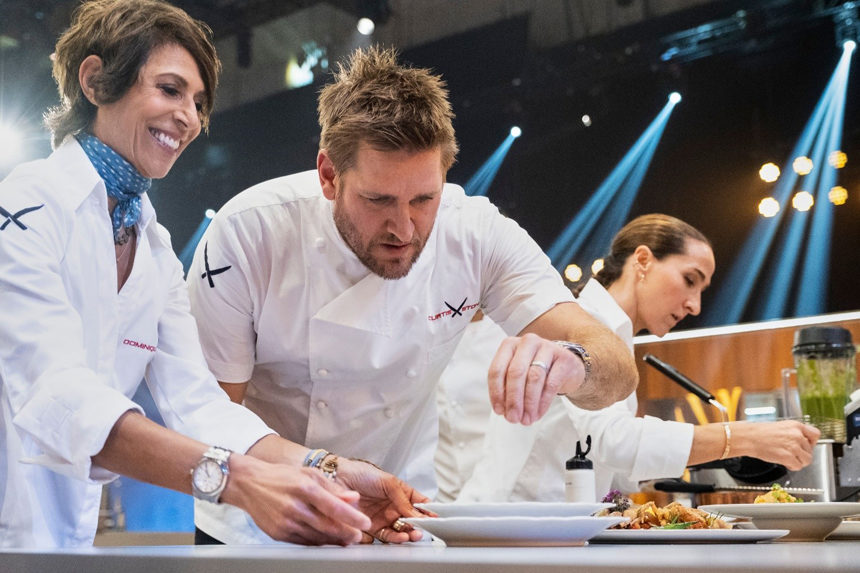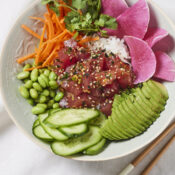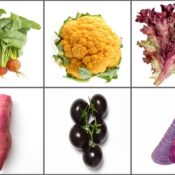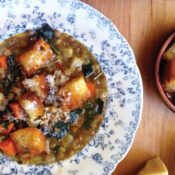Michelin-starred Australian chef Curtis Stone grew up watching Iron Chef. This year, he competed as one. Netflix’s 2022 reboot, Iron Chef: Quest for an Iron Legend, aligns Stone with four other professionals to defend Kitchen Stadium against Challenger Chefs.
Curtis Stone has shared many recipes with readers as a food columnist for the Post. As a chef, he keeps his philosophies simple, is mindful of ingredients, and emphasizes his roots.
In each episode of Iron Chef, you’re given one ingredient that you must use in every course. What’s the last ingredient you want to see when those doors open up?
I really hate the taste of black licorice, so anything with an anise flavor, like fennel, would be a really unpleasant challenge to complete.
What’s one uncommon ingredient that you could slay the competition with?
I got really lucky that lamb ended up being one of the ingredients on Iron Chef. One of my favorite proteins, lamb is meat not many folks in the U.S. tend to cook — often referred to as “gamey.” But I grew up in Australia where lamb is considered the national dish, so when I saw that lamb was the special ingredient in episode one, I was immediately inspired and ready to cook.
Shows like Iron Chef rely on competition. How has competition manifested in other ways in your career? When is it constructive and destructive?
I’ve always been a competitive guy, and that’s part of the reason I loved being in Kitchen Stadium, where Iron Chef takes place. That competitive drive has motivated me to keep pushing myself and never settle. Three restaurants, an events company in two countries, a product line on HSN, my work as an author, TV host, and judge — all results of being in competition with myself. My life is busy, but I wouldn’t want it any other way.
Has your culinary work ever been inspired by a different creative discipline? If so, how?
Beyond cooking, plating is such a big part of fine dining. An empty plate is like a blank canvas, and kitchen tweezers, the brush. I usually spend my free time at the gym or beach, but recently I did some landscape painting with my boys in Australia — known for its beautiful scenery. I’m not exactly Curtis van Gogh, but I surprised myself! I’m sure years of holding those tweezers helped.
You’ve spoken about careful ingredient selection and adhering to seasonal produce. What kind of standards do you try to meet when sourcing?
I make every attempt to know my purveyors and where my food comes from. Once I have that precious cargo at the restaurant or home, I treat it with respect. We don’t freeze our meat at my butcher shop, Gwen, and put offcuts or surplus to use making rillettes, terrines, or Bolognese sauce for a family meal.
Get to know your farmers, butchers, and the guy at the fish counter. Ask them how to best store and prepare their ingredients, and learn where those ingredients come from. It opens a new world of culinary possibilities.
What was the first experience that you had that made you feel like you had to cook?
I was four years old when I had my first truly memorable food experience. I tried my Granny Maude’s Yorkshire fudge and couldn’t get enough of it. From that first taste forward, whenever I went to Granny’s place, we’d make the fudge together. I haven’t stopped cooking since. My first restaurant, Maude, is named after her.
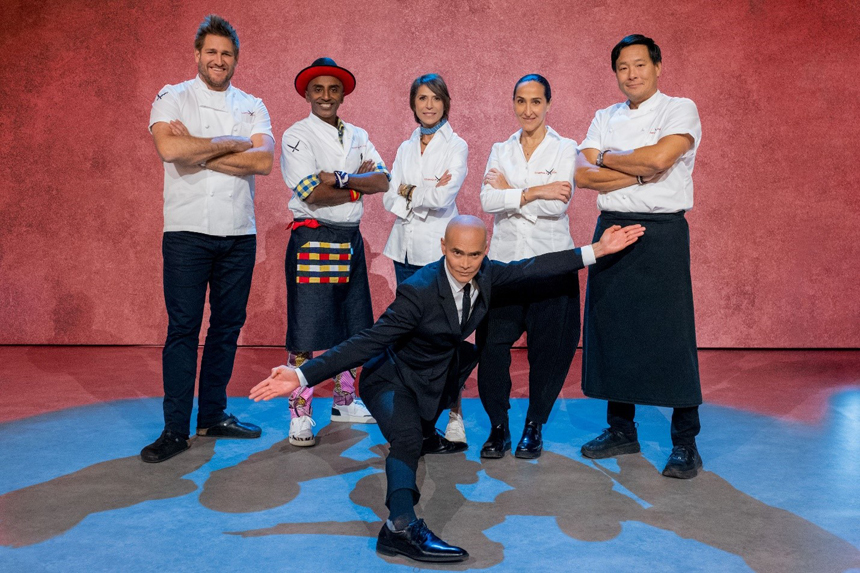
Do you have favorite cooking competition shows that you watch in your free time, or is that too much like work intruding on your home life?
I grew up watching the original Iron Chef, so you can imagine how wild it was to be invited to join them. I’ve been lucky enough to be a judge on Crime Scene Kitchen, which is super fun and feeds my sweet tooth, and an occasional judge on MasterChef alongside Gordon Ramsay. These days I don’t have a lot of free time, but I love catching up on the latest season of Top Chef when I get the chance.
What’s one piece of cooking advice that everyone should follow?
Make sure you taste and adjust the seasoning as you go. You’d be surprised by how many people stop short of seasoning properly, which can make or break a dish. Salt is a wonderful seasoning that helps tenderize meat, and when added to baked goods, brings depth of flavor.
Name one tool or ingredient that no chef should ever be without.
My secret weapon is a kinetic thermometer. Trained chefs often don’t use thermometers, but a thermometer can be your best friend when you’re cooking a big protein. Nothing worse than overcooking a beautiful steak or Thanksgiving turkey — a thermometer will help make sure you don’t do that. I actually designed one that requires no batteries. All you have to do is shake it a few times and it’s ready to go.
What’s next for you?
I’ve got some projects in the pipeline that I can’t talk about quite yet, but I’m really excited for everyone to check out the second season of Crime Scene Kitchen when it’s out.
Check out some of Curtis Stone’s recipes on the Post here.
Become a Saturday Evening Post member and enjoy unlimited access. Subscribe now
